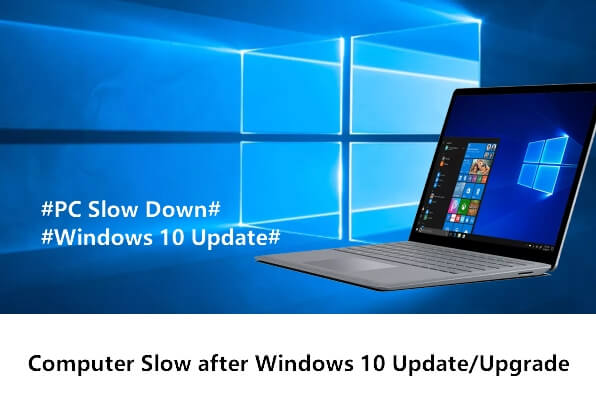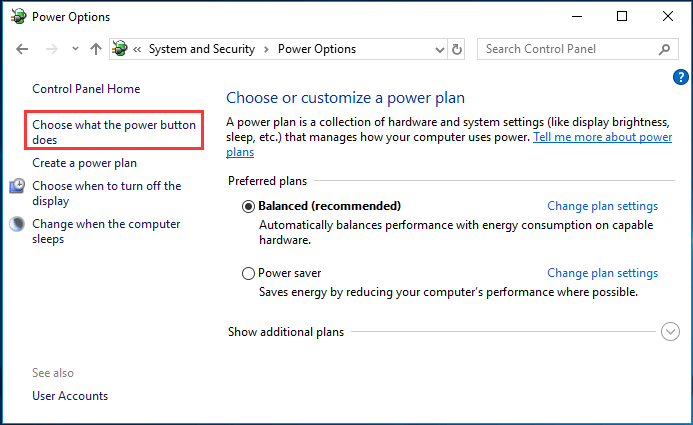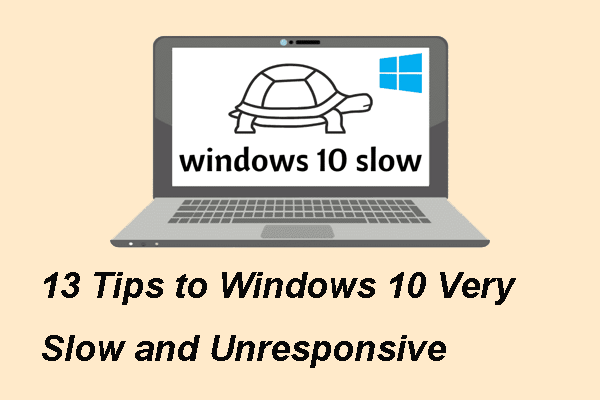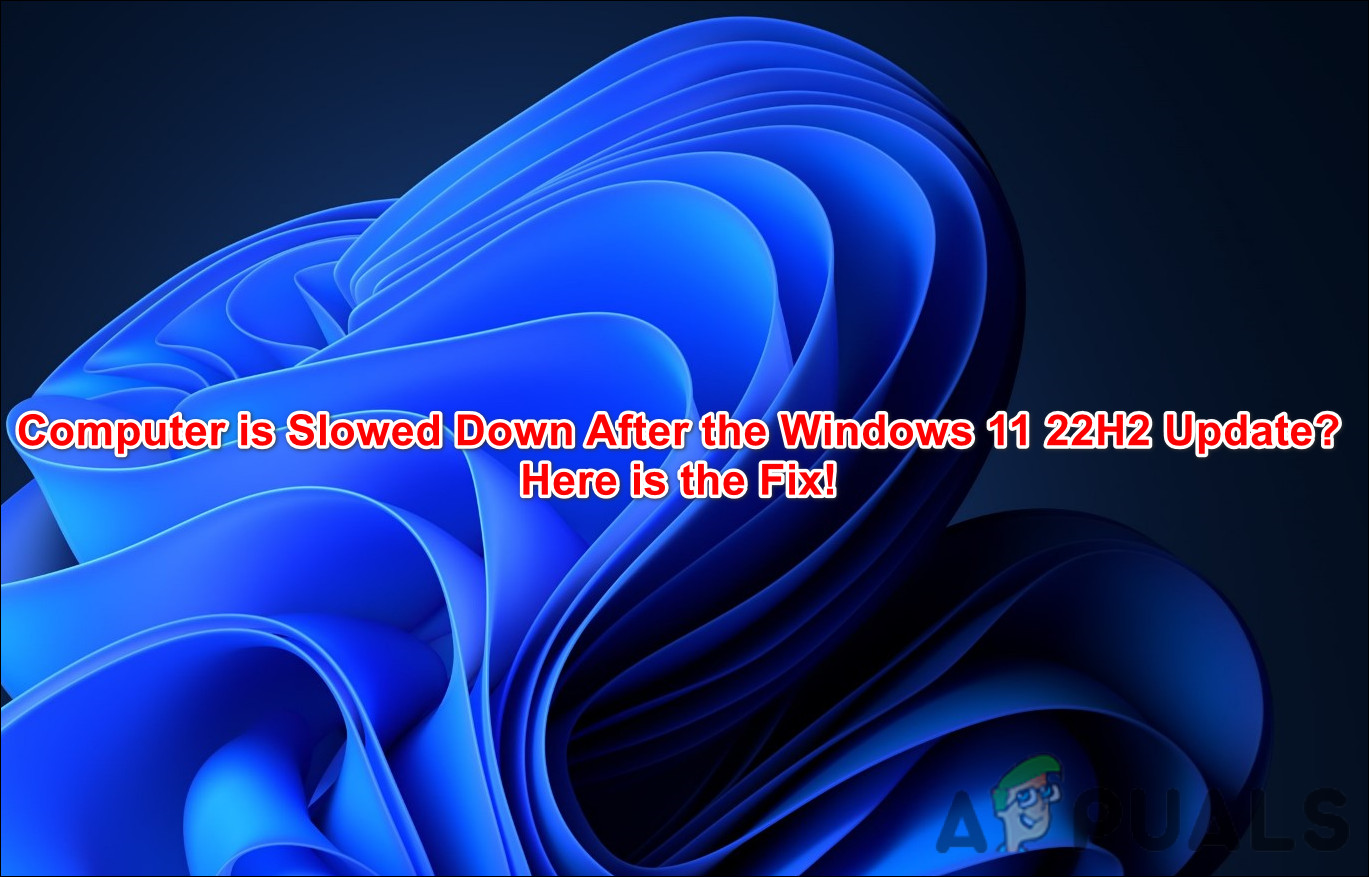After Windows 11 Update: Computer Slowdown In 2025
After Windows 11 Update: Computer Slowdown in 2025
Related Articles: After Windows 11 Update: Computer Slowdown in 2025
Introduction
In this auspicious occasion, we are delighted to delve into the intriguing topic related to After Windows 11 Update: Computer Slowdown in 2025. Let’s weave interesting information and offer fresh perspectives to the readers.
Table of Content
After Windows 11 Update: Computer Slowdown in 2025

The highly anticipated Windows 11 update, scheduled for release in 2025, has sparked concerns among users regarding its potential impact on computer performance. While Microsoft assures seamless compatibility, some experts predict a slowdown in computer speeds following the update.
Causes of Post-Update Slowdowns
Several factors can contribute to a decrease in computer performance after a Windows update:
- System Resource Consumption: Major updates often introduce new features and enhancements that require additional system resources, such as memory and processing power. This can strain older or less powerful computers, resulting in slower performance.
- Compatibility Issues: Updates may not always be fully compatible with existing hardware and software, leading to conflicts and performance degradation.
- Background Processes: Windows updates often trigger background processes, such as indexing and optimization, which can temporarily slow down the computer while they complete.
- Malware Infiltration: Updates can provide an opportunity for malware to infiltrate the system, which can significantly impact performance.
Impact of Slowdowns
A slowdown in computer performance can have various negative consequences:
- Reduced Productivity: Slower response times and delays can hinder work efficiency, leading to lost productivity and frustration.
- System Instability: Performance issues can cause the system to become unstable, resulting in crashes, freezes, and data loss.
- Security Risks: A sluggish computer may be more vulnerable to security threats, as updates and security scans may be delayed or interrupted.
FAQs
- Will all computers experience slowdowns after the Windows 11 update?
Not necessarily. The impact of the update will vary depending on the age, hardware capabilities, and existing software on each computer.
- How can I prevent post-update slowdowns?
Ensure your computer meets the minimum system requirements for Windows 11, update drivers and software before the update, and perform regular malware scans.
- What should I do if my computer slows down after the update?
Restart the computer to complete background processes. Check for compatibility issues, disable unnecessary programs, and consider upgrading hardware if necessary.
Tips
- Monitor System Resources: Use the Task Manager to monitor CPU and memory usage. Identify any processes that are consuming excessive resources and address them.
- Disable Unnecessary Programs: Check the startup programs and services and disable any non-essential applications that may be running in the background.
- Optimize Hard Drive: Defragment the hard drive to improve disk access speed. Consider upgrading to a solid-state drive (SSD) for faster performance.
- Scan for Malware: Run a thorough malware scan to identify and remove any potential threats that may be slowing down the computer.
- Consider Hardware Upgrades: If the slowdowns persist, consider upgrading the computer’s RAM, processor, or graphics card to enhance performance.
Conclusion
While the Windows 11 update promises new features and improvements, it is essential to be aware of the potential for post-update slowdowns. By understanding the causes and taking proactive measures, users can mitigate these issues and ensure optimal computer performance after the update. Regular system maintenance, hardware upgrades, and vigilance against malware can help maintain a fast and reliable computing experience.








Closure
Thus, we hope this article has provided valuable insights into After Windows 11 Update: Computer Slowdown in 2025. We thank you for taking the time to read this article. See you in our next article!